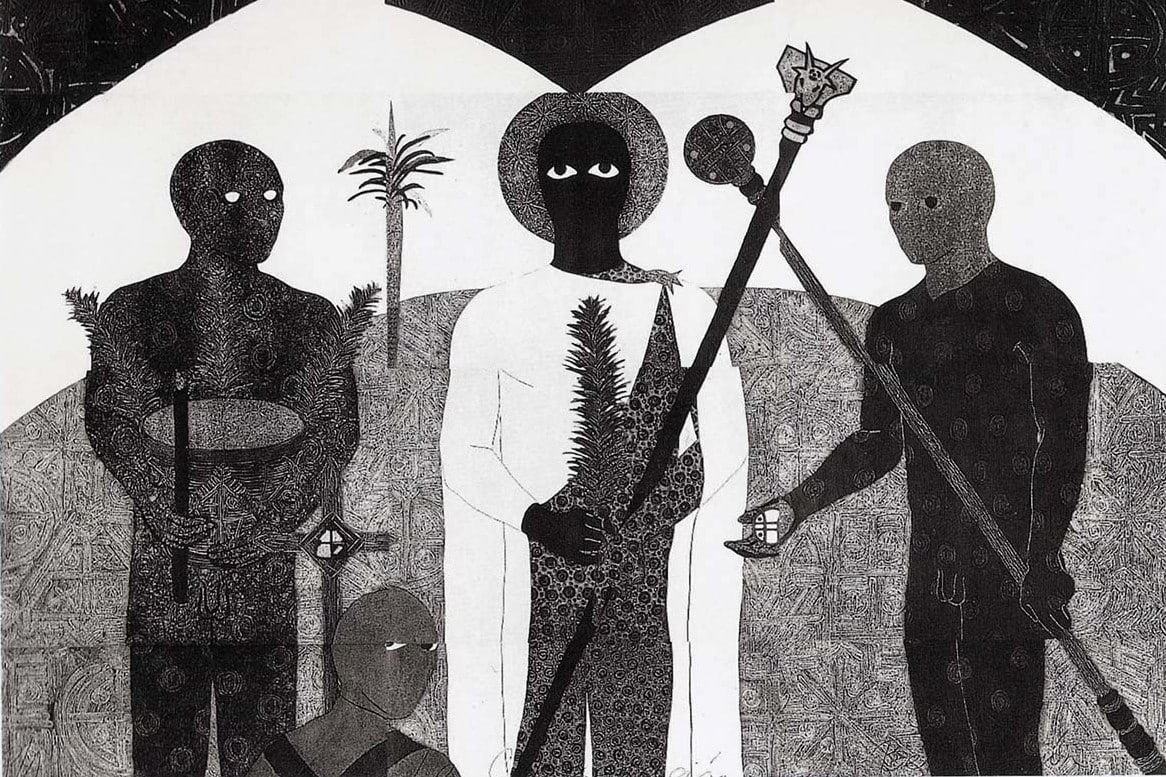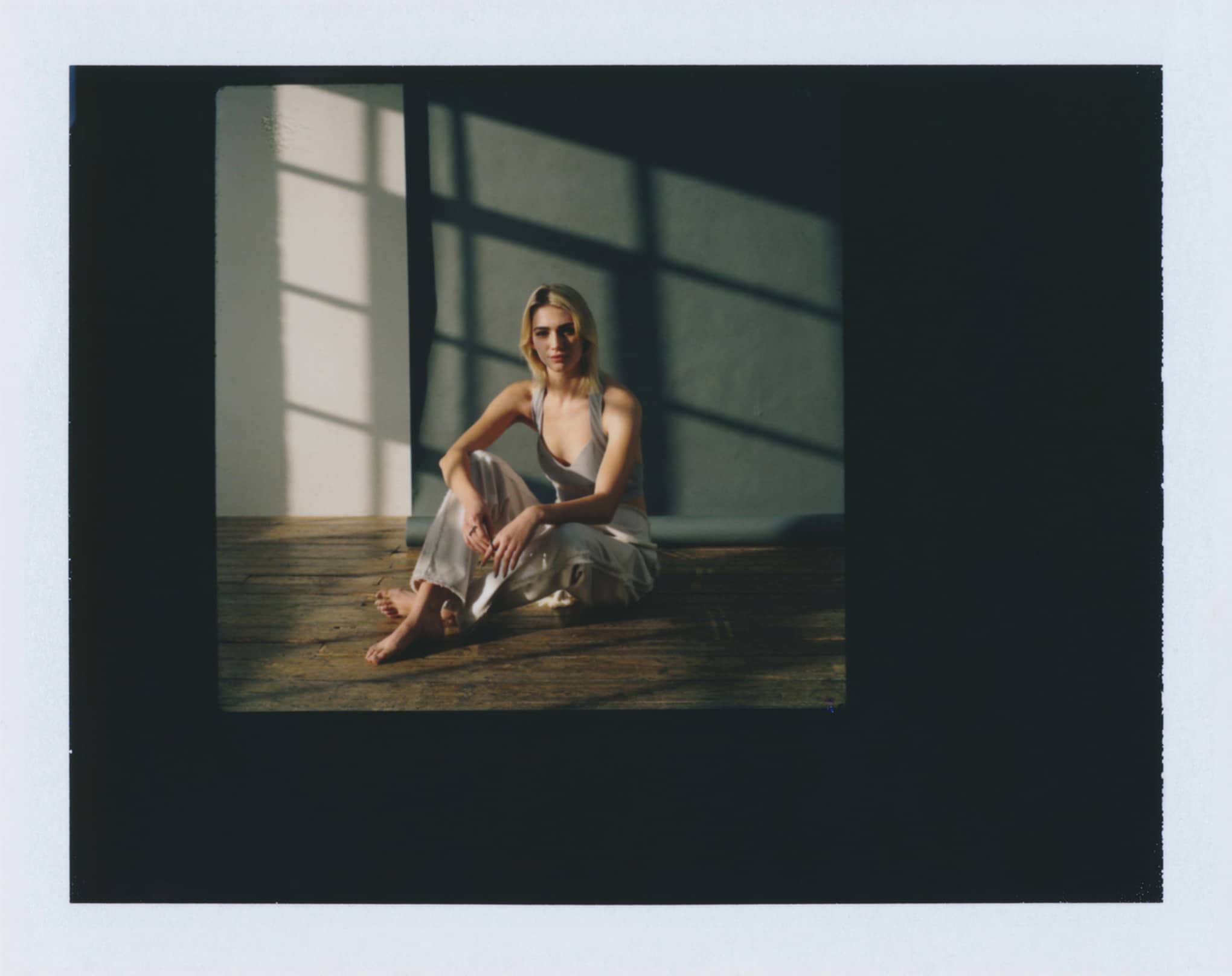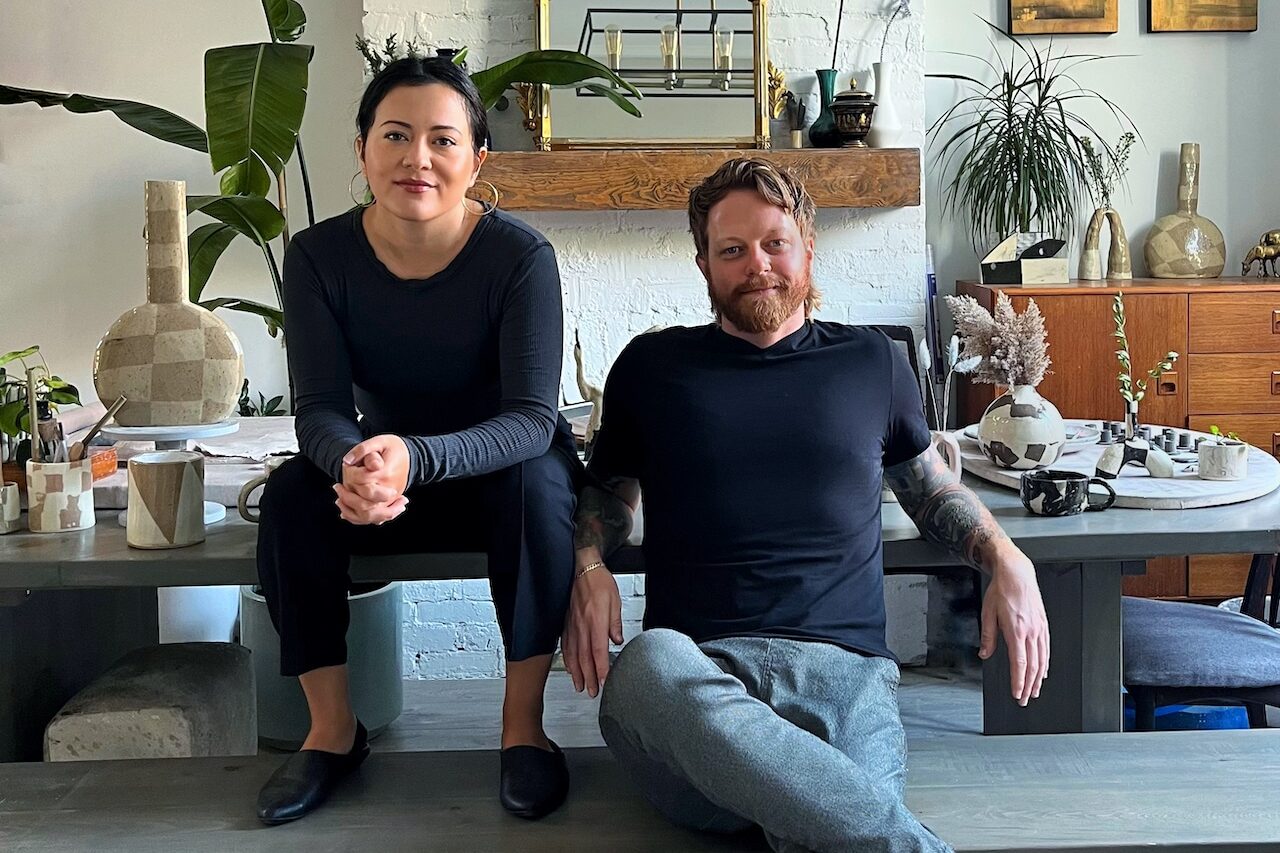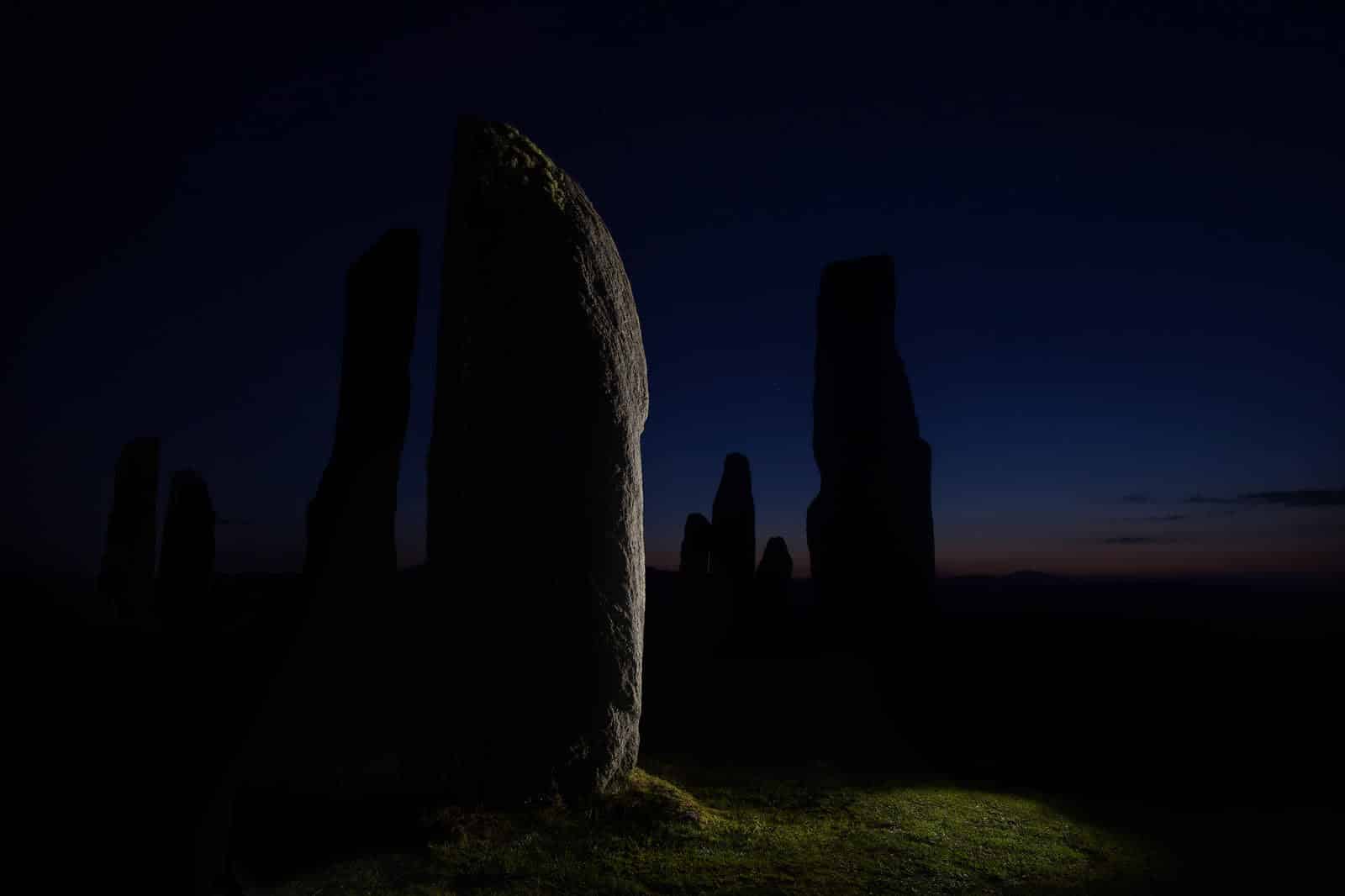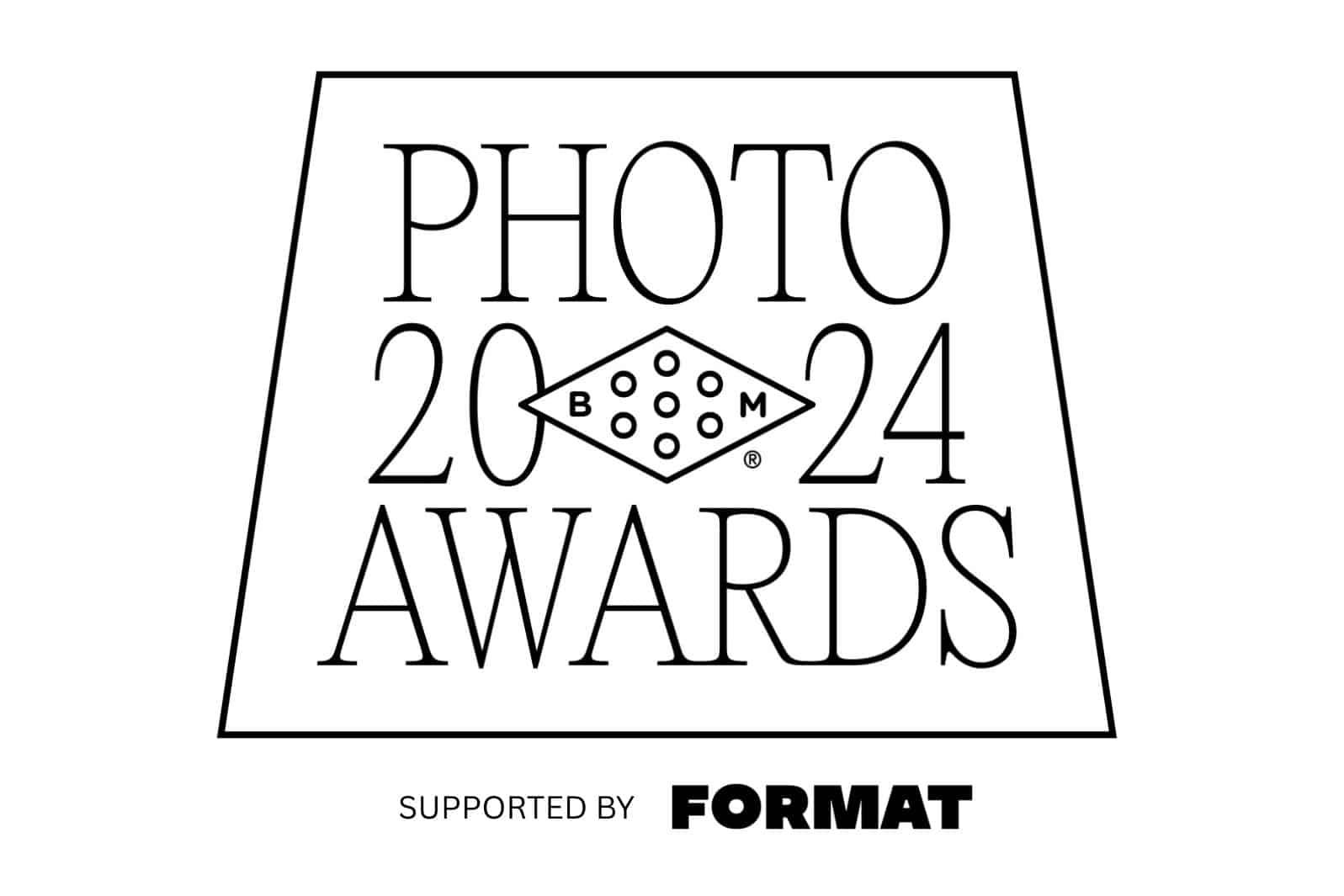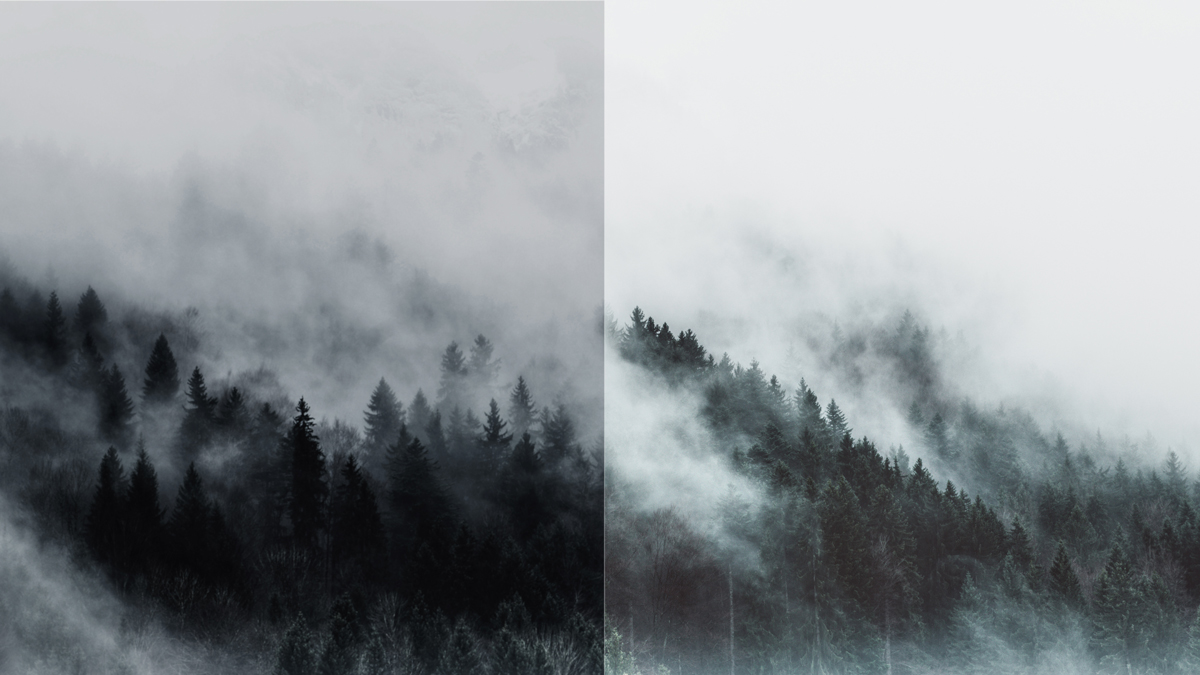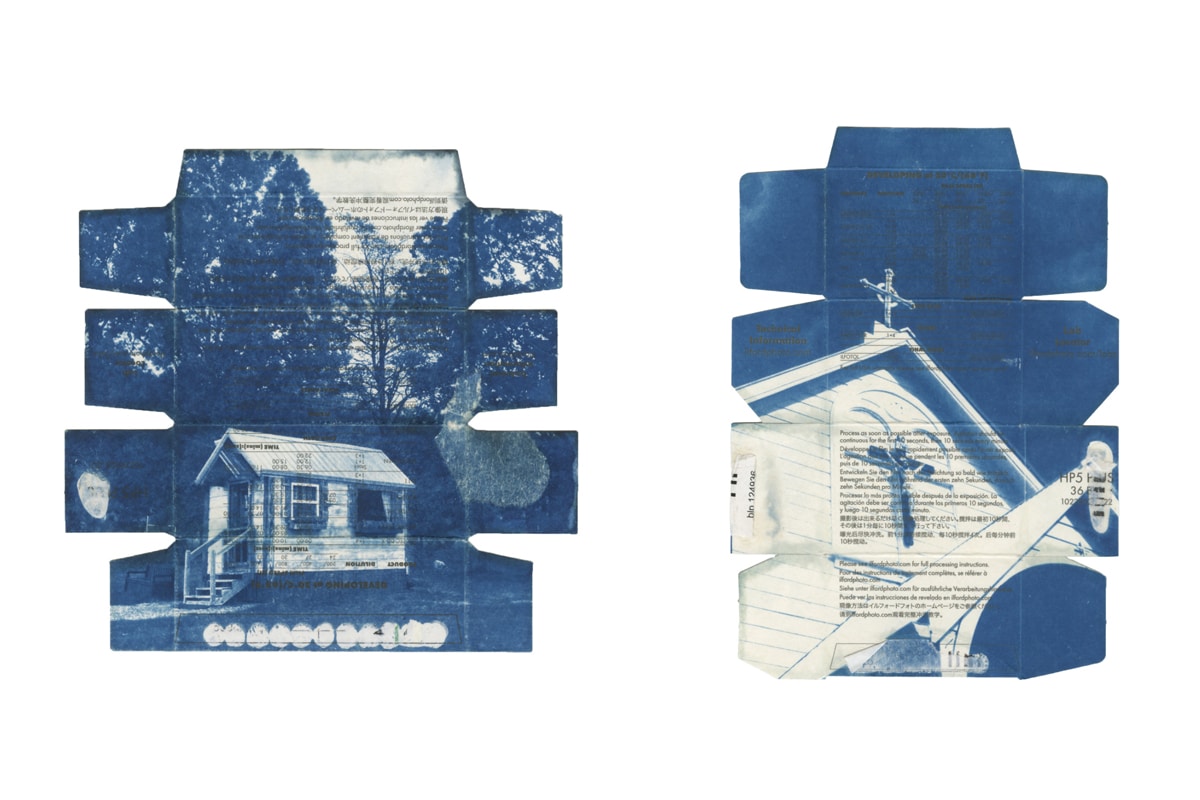Seit ihrer Premiere im Jahr 1998 hat die Berlin Biennale beobachtet und miterlebt, wie sich die zeitgenössische Kunst parallel zur Stadt, in der sie stattfindet, verändert und weiterentwickelt hat. Auch wenn der kosmopolitische Unterschied zwischen dem Berlin von heute und dem von gestern frappierend erscheinen mag, sind die Beweggründe der Biennale vielleicht aktueller denn je. Unter dem Motto "We Don't Need Another Hero" haben die südafrikanische Kuratorin Gabi Ngcobo und ihr Team (Nomaduma Rosa Masilela, Serubiri Moses, Thiago de Paula Souza und Yvette Mutumba) 46 Gruppen und Künstler/innen ausgewählt, die ihrer Meinung nach die Idee der Unabhängigkeit in der zeitgenössischen Kunst verkörpern und fortführen.
Die Berlin Biennale 2018 wurde mit Hilfe der KW Institute for Contemporary Art, der Akademie der Künste, der Volksbühne Pavillon, des HAU Hebbel Am Ufer und des ZK/U Zentrum für Kunst und Urbanistik eröffnet. Ngcobos Kollege und Co-Kurator Masilela hat zwar gesagt, dass das Team "daran gearbeitet hat, sich von einem übergreifenden Thema fernzuhalten". Die Kuratoren der Biennale weigern sich jedoch, einen konkreten Ausblick auf die thematische Ausrichtung oder die Richtung der Sammlung als Ganzes zu geben.
"Es wäre ziemlich arrogant von uns, wenn wir uns anmaßen würden, für die Gesellschaft zu sprechen", sagt Masilela gegenüber dem Format Magazine. "Das würde voraussetzen, dass wir uns eine autoritäre Stimme anmaßen, die ziemlich konsequent toxische historische Narrative konstruiert hat - und es würde unserem Wunsch entgegenwirken, Räume der Möglichkeit zu schaffen. Wir haben uns die Kunstwerke angesehen, die derzeit auf der Biennale zu sehen sind, und fünf Werke von Künstlerinnen und Künstlern zusammengestellt, die in diesem Möglichkeitsraum unglaubliche Werke zeigen. Die Berlin Biennale läuft noch bis zum Ende des Sommers, also bis zum 9. September.
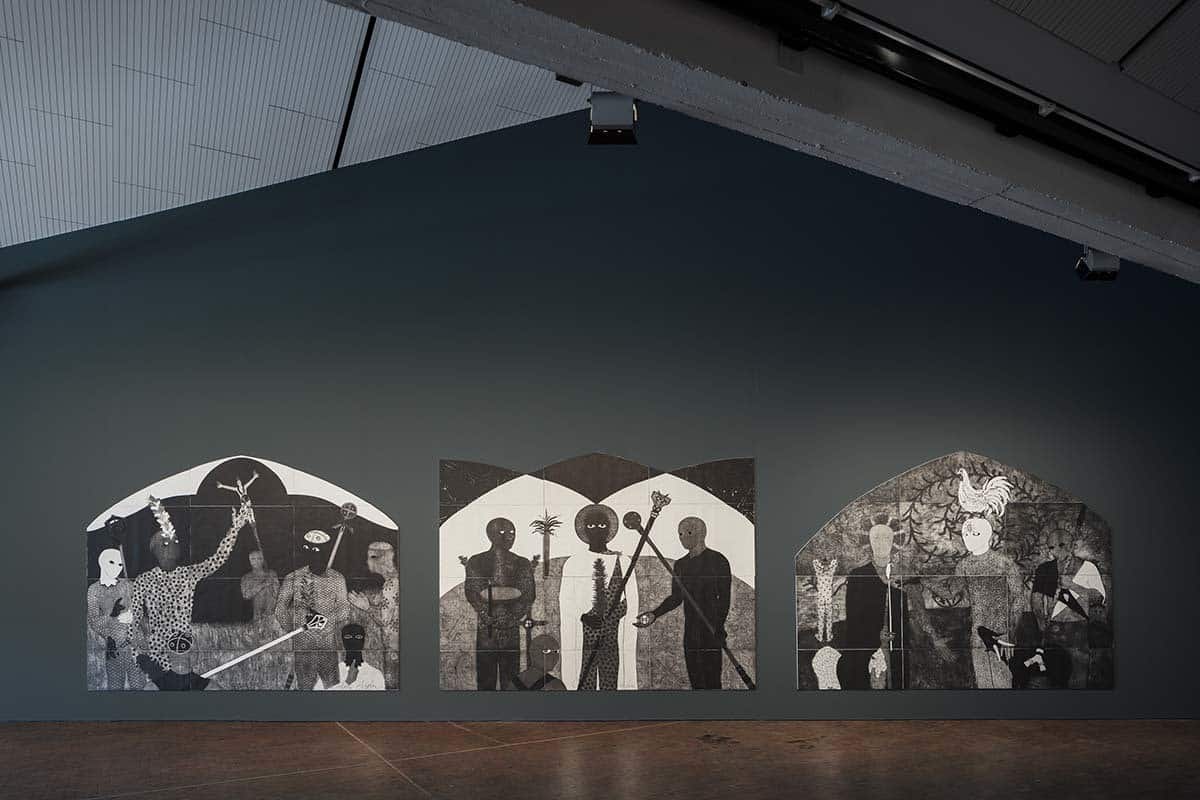
Belkis Ayón: La Consagración (1991) an der Akademie Der Künste
Ein Triptychon von Papier-Monoprints des verstorbenen kubanischen Künstlers Belkis Ayón gehören zu den beeindruckendsten Werken der Biennale 2018. Düstere, beunruhigende Bilder von Sektenprozessen in Ayóns Heimatland stehen im Mittelpunkt, während Ethnie und Geschlecht zur Debatte stehen. In einem der größten Werke der AdK dienen die anderen Monoprints der Künstlerin nur als Kulisse - oder als Publikum, denn die Gesichter ihrer anderen Werke blicken über die Galerie hinweg auf das großformatige Triptychon und rahmen die drei Gemälde ein. Es deutet an, dass die Präsenz und Existenz solcher Kulte noch lange nicht ausgelöscht ist.
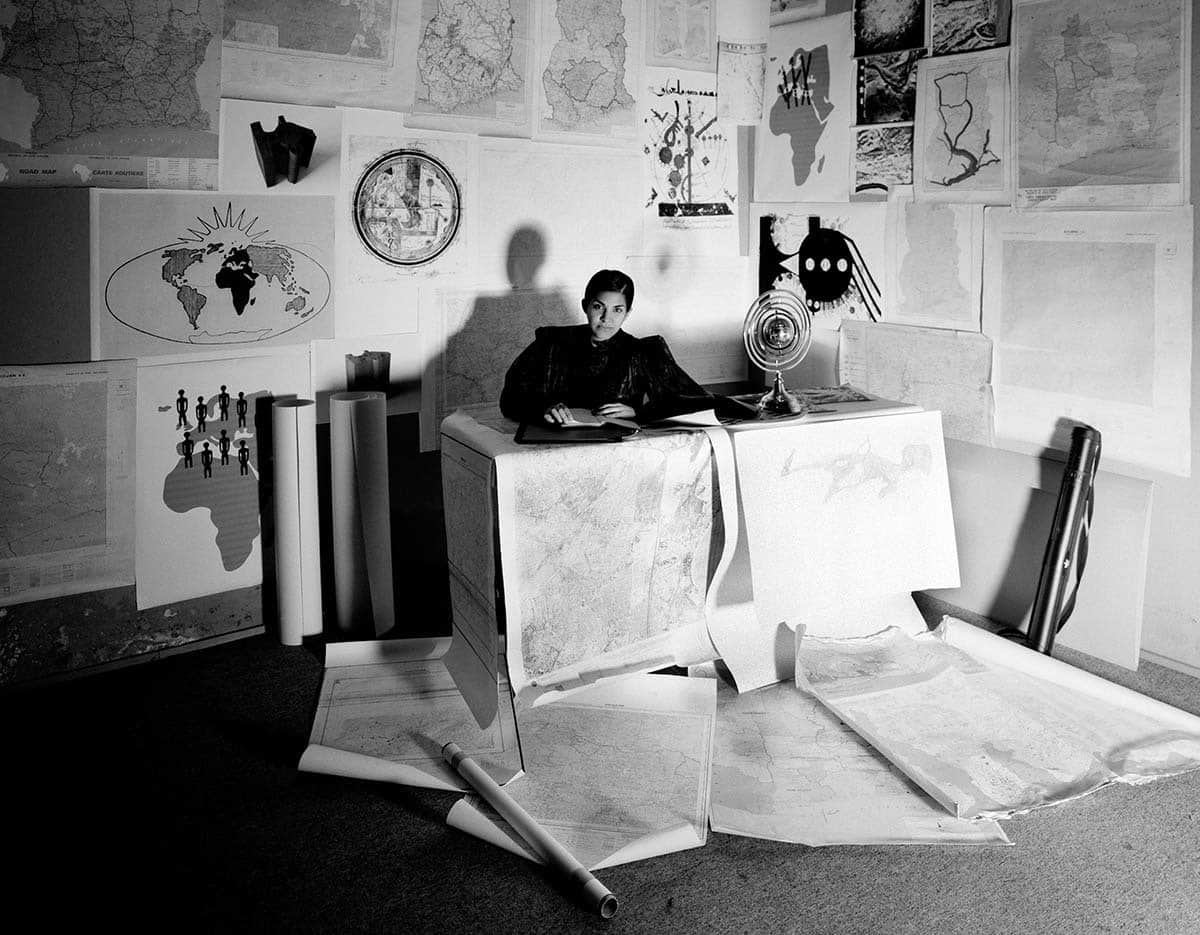
Heba Y. Amin: Operation Versunkenes Meer (Der Anti-Kontrollraum) (2018) im ZK/U Zentrum für Kunst und Urbanistik
Künstlerin aus Berlin Heba Y. Amin's Der Anti-Kontrollraum ist Teil ihres größeren Projekts Operation Versunkenes Meer, in dem sie die Pläne der militärischen und politischen Führer des frühen zwanzigsten Jahrhunderts zur Trockenlegung des Mittelmeers wieder aufgreift. Um diese Theorien wieder aufzugreifen, hat sie eine Auswahl von Sprachschleifen auf Fernsehgeräten und Fotografien zusammengestellt, die die Künstlerin in einem behelfsmäßigen Kontrollraum zeigen, wie er von den sogenannten geopolitischen "Größenwahnsinnigen" der damaligen Zeit benutzt worden wäre. "Die Idee ist, dass ich [den Architekten] ersetze, um ihn sozusagen aus der Geschichte auszulöschen", sagt sie. Doch dann stellt sich eine andere Frage: "Musst du die ursprüngliche Infrastruktur verkörpern, um sie zu überwinden? Oder verstärkst du dadurch dasselbe problematische Modell?" Auch wenn Y. Amins Arbeit in die Vergangenheit blickt, sind die Fragen, die sie aufwirft, von aktueller Bedeutung.
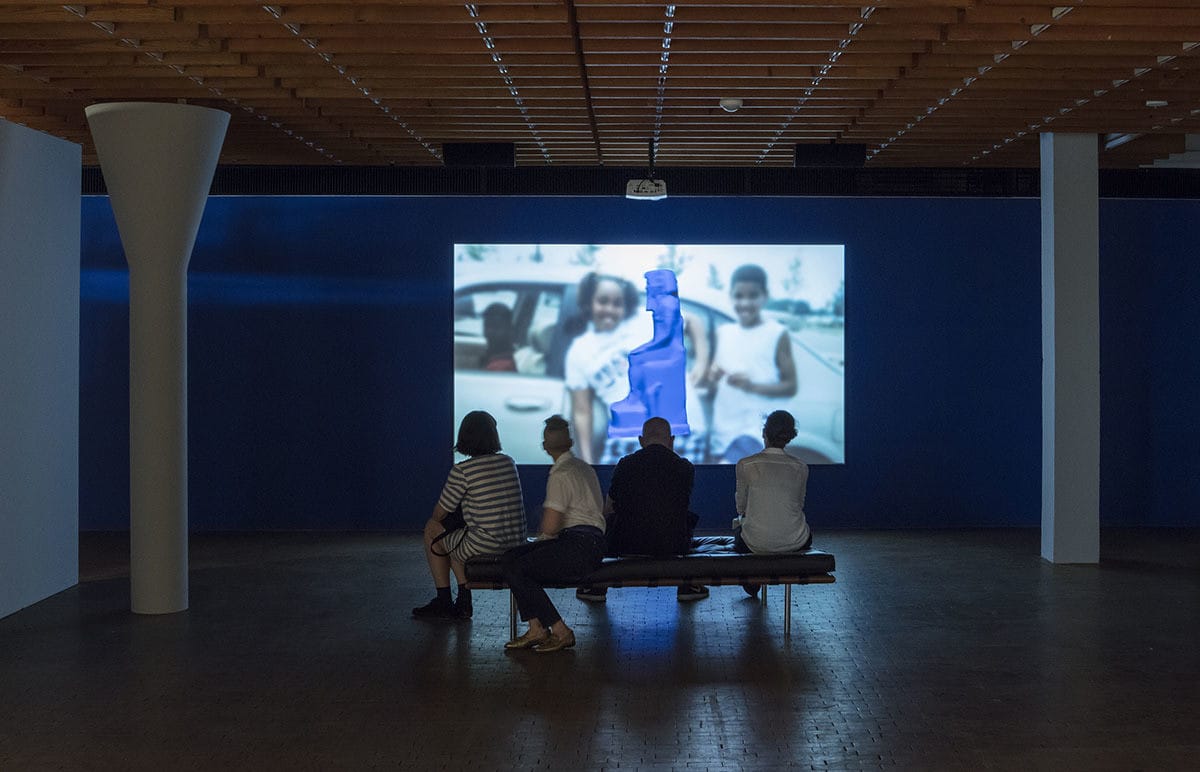
Sondra Perry: ES IST IM SPIEL '17 oder Spiegelgag für Vitrine und Projektion (2017) an der Akademie Der Künste
In einem der ungewöhnlichsten Werke der Biennale hat der amerikanische Künstler Sondra Perry setzt sich mit der Frage des öffentlichen Profits anhand einer Studie über College-Basketballspieler auseinander. Durch die Analyse der Präsenz von Amateursportlern in Videospielen, die in den Vereinigten Staaten verkauft werden, vergleicht Perry den öffentlichen Profit des Rests der Welt durch den Einsatz von sozialen Medien und Technologie. Ob es sich um die multimediale Dokumentation eines veralteten Museums oder die kostenlose Werbung für Bekleidungsmarken auf Instagram handelt, Perry enthüllt in dieser Videoschleife das wahre Paradoxon des Lebens durch einen digitalen Bildschirm. Die Schlussfolgerung? Es wird immer schwieriger, den Verkäufer und den Kunden auseinanderzuhalten.
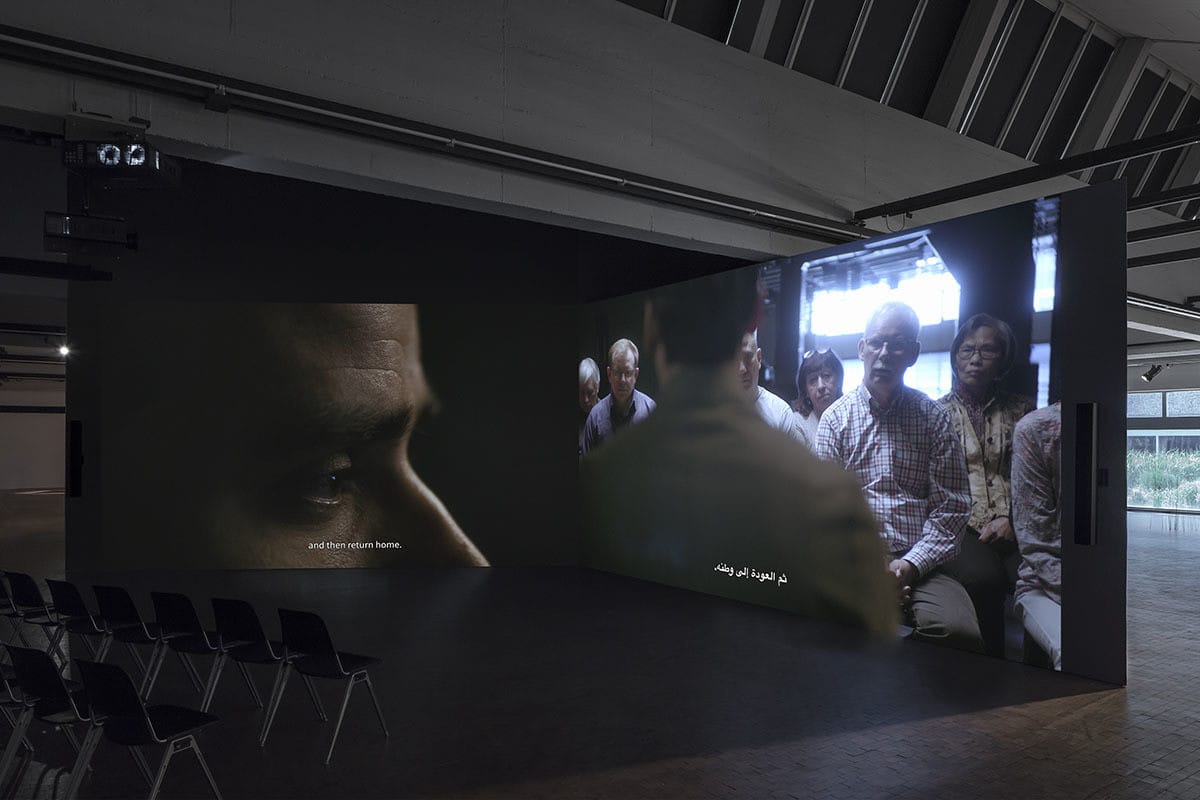
Mario Pfeifer: Erneut (Noch einmal) (2018) an der Akademie Der Künste
Diese Arbeit baut auf dem kontroversen Skandal eines Migranten auf, der 2017 erfror, nachdem er vor einem deutschen Supermarkt geschlagen und an einen Baum gebunden worden war. Künstler Mario Pfeifer lässt Profis die Geschichte von Anfang bis Ende nachspielen, einschließlich des Prozesses gegen die vier Deutschen, die beschuldigt werden, übermäßige Gewalt gegen den psychisch labilen Migranten angewendet zu haben. Das 45-minütige Video mit dem Titel Nochmalsist eine Übung in der Verschiedenartigkeit des menschlichen Denkens und wird sicher eine Vielzahl von Meinungen hervorrufen. Deutschland hat sich schon früher mit seiner Vergangenheit auseinandergesetzt, aber Pfeifer beweist, dass dieser Kampf noch nicht zu Ende ist.
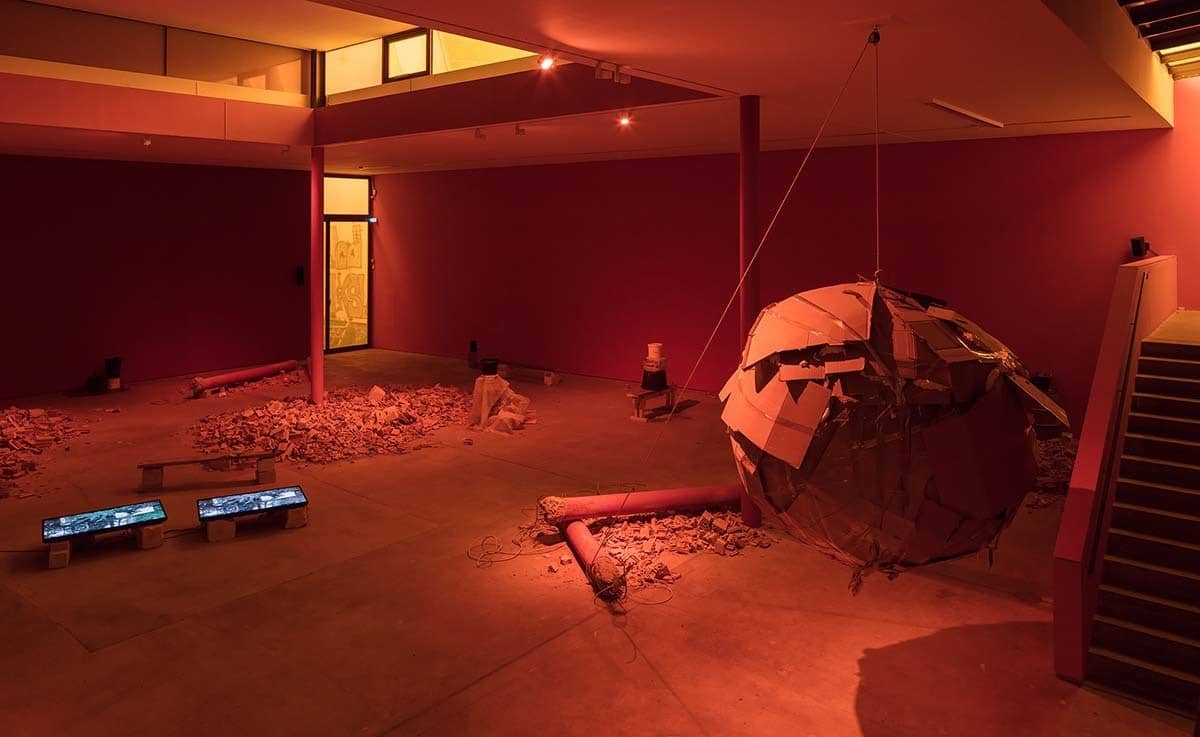
Dineo Seshee Bopape: Untitled (Of Occult Instability) [Feelings] (2016-2018) bei KW
Diese Sammlung von Werken von Dineo Seshee Bopape ist wohl der herausragende Beitrag der Biennale. Sie nimmt die riesige Ausstellungsfläche der KW in Mitte ein und ist eine Ausstellung des Unbehagens, eine Mischung aus Unordnung und Unzufriedenheit. Von der oxidierten Rostfarbe der Werke und den von Seshee Bopape und ihren Mitarbeitern verwendeten Materialien wie Pappe, Wasser, Servietten und zerbrochenen Ziegelsteinen bis hin zu den emotional aufgeladenen Nina Simone-Performances ist dies ein Stück purer Widerstand. Ein Spaziergang durch das Werk ist eine Erfahrung menschlicher Emotionen, aufgeladen durch die Schwierigkeit, sich mit der modernen Welt zu arrangieren.
Die Bilder wurden von den Galerien zur Verfügung gestellt. Header-Bild: Detail von Belkis Ayóns La Consagración bei AdK.
